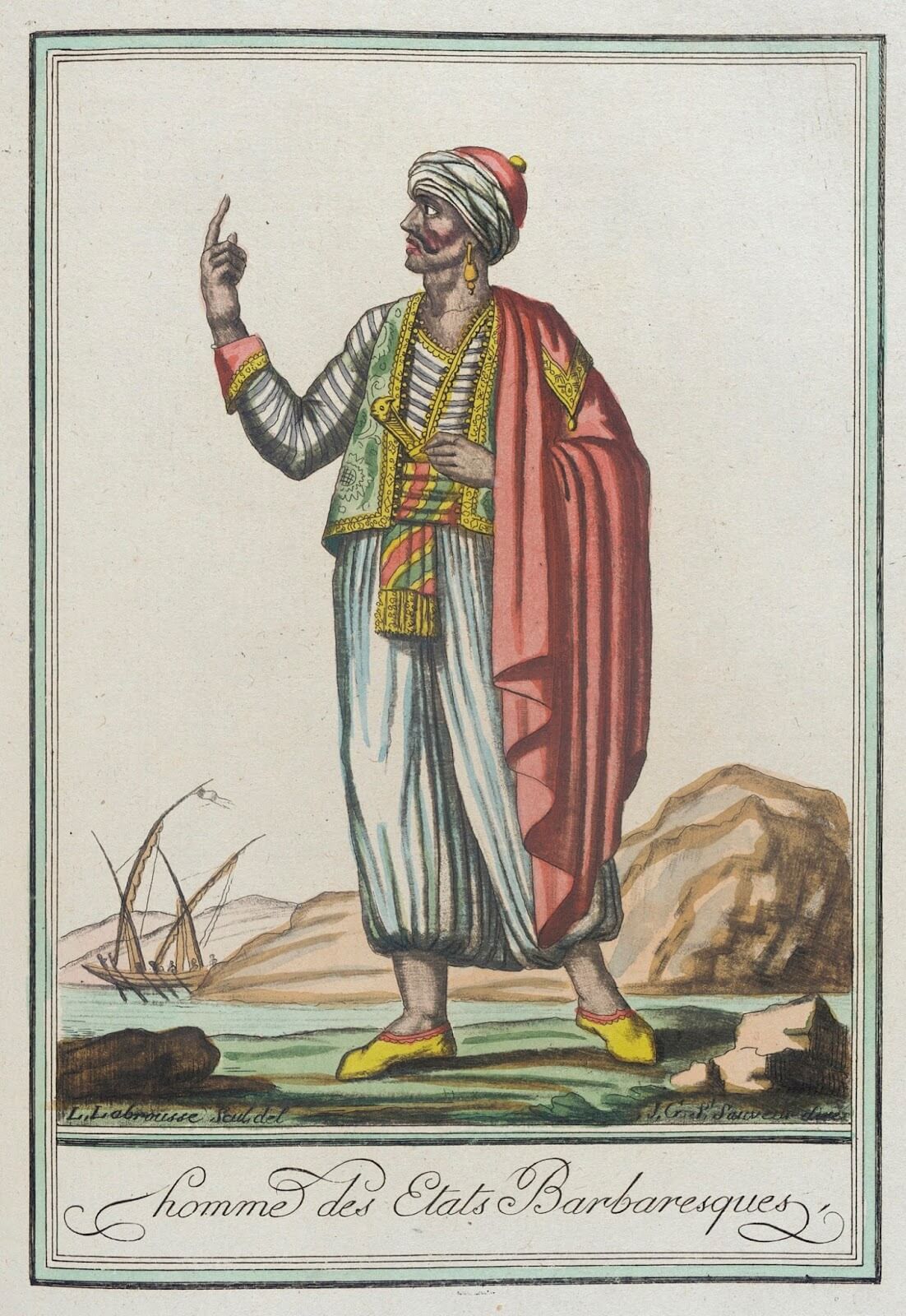Throughout history, Jews have faced times of peril, and when the times of danger were over, Jews always found different ways to express their gratitude to God for their survival. In quite a few instances, this has taken the form of an annual local Purim.
In the city of Tripoli, Libya, two such Purims were celebrated and both were in the Hebrew month of Tevet.
Purim Al-Sharif, observed on the 23rd of Tevet, celebrated the end of a siege on the city by Ibrahim Al-Sharif, the Bey of Tunisia, in 1705. Al-Sharif was upset when Tripolitan corsairs captured an Egyptian ship bearing presents for him. Eventually, Al-Sharif’s troops were forced out of the city. Although the siege did not single out the Jews in particular, the Jewish community of Tripoli took upon itself an annual celebration. On this thanksgiving day, the Jews feasted, exchanged gifts and charity and did not work. On the Shabbat prior to Purim Al-Sharif, a special Mi Kamocha (Who is like You [God]) Poem, written by Rabbi Shabbeti Tayyar, was read to the community.
Purim Burghul, observed on the 29th of Tevet, celebrated the city’s release from the reign of terror of Ali el-Jezairli, who was also known as Ali Burghul. Burghul took control of the city at the behest of the Sultan of Istanbul when the ruling Karamanli family began fighting among themselves. Burghul was merciless and pressed heavy taxes upon the people, particularly the Jews. A peace between the Karamanlis was negotiated (with the assistance of a Jewish man named Rahamin Barda), and they retook the city. The Mi Kamocha commemorating these events was recorded by Rabbi Avraham Khalfon, whose son had been burned at the stake by Burghul.
References are all in the past as there is no longer a Jewish community in Tripoli.

Copyright © 2018 NJOP. All rights reserved.
Bibliography
If you like what you’ve read here, signup to get notifications about new treats.
Related Posts
Books Plus
Next time you are purchasing books, add some Judaica to your bookshelves.
0 Comments1 Minute
 Print This Page
Print This Page